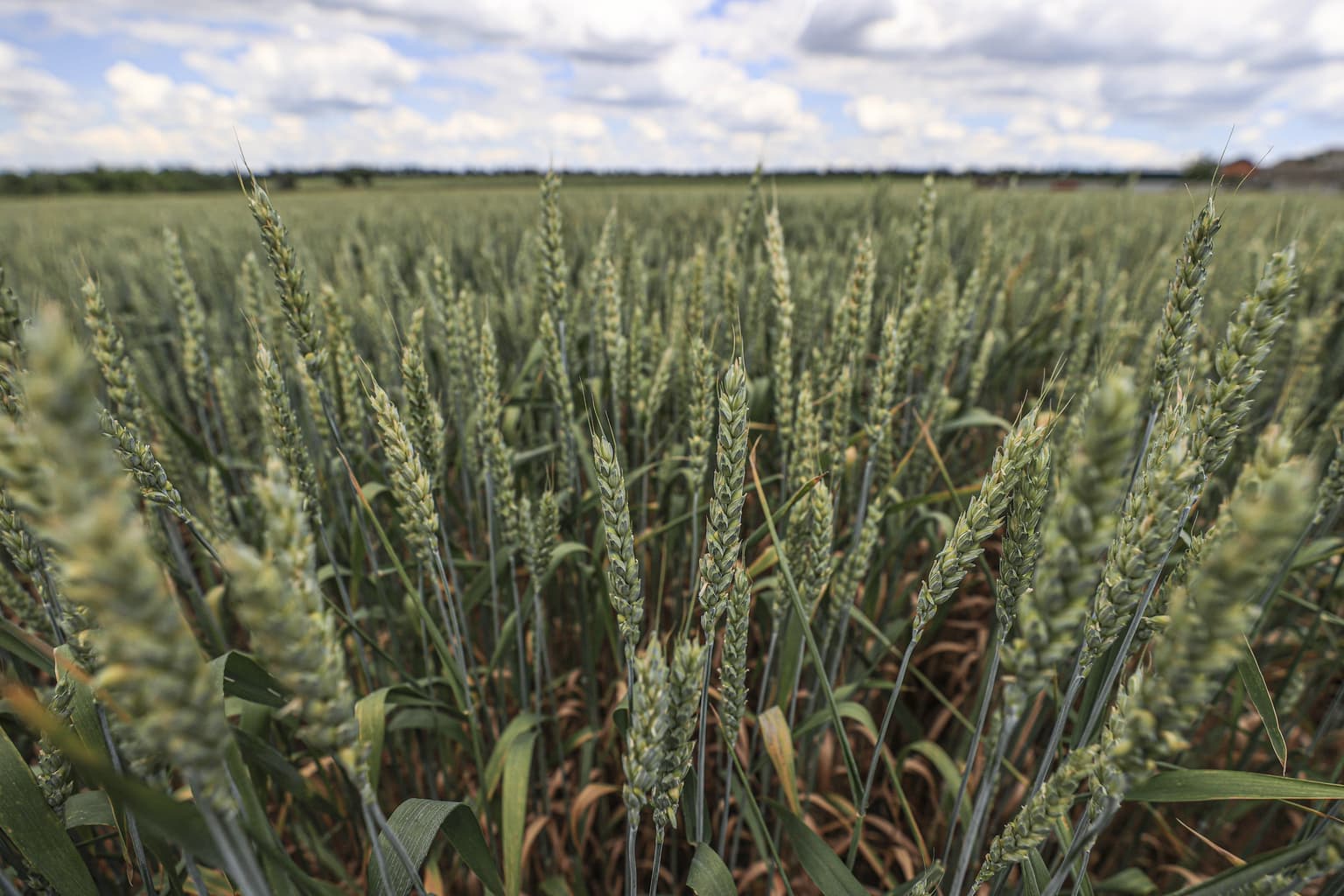Eugene Czolij: Kremlin’s 'Da' is useless, but its hybrid aggression against the West is real

Editor’s Note: The opinions expressed in the op-ed section are those of the authors. They do not purport to reflect the opinions of the Kyiv Independent.
As part of Russia's all-out war against Ukraine, the Russian navy’s blockade of Ukraine’s Black Sea ports prevented some 20 million tons of Ukraine’s grain to be exported to needy countries, despite the fact that the Food and Agriculture Organization of the United Nations and the World Food Programme issued the following alarming warning: “an all-time high of up to 49 million people in 46 countries could now be at risk of falling into famine or famine-like conditions, unless they receive immediate life and livelihoods-saving assistance”.
On 22 July 2022, during an official ceremony at the Dolmabahçe Palace in Istanbul, Ukraine's Minister of Infrastructure Olexandr Kubrakov and Russia’s Defence Minister Sergei Shoigu signed the Black Sea grain agreement. This deal, brokered and backed by UN Secretary-General António Guterres and Turkey’s President Recep Tayyip Erdoğan, stipulated that there would not be any attacks on Ukraine’s Black Sea ports to allow the export of Ukraine’s grain and avert a global food crisis.
According to the UN, Ukraine accounted for 10 percent of global wheat exports in 2021, which is why the UN Secretary-General stated that: “Since the war started, I have been highlighting that there is no solution to the global food crisis without ensuring full global access to Ukraine’s food products ... Today there is a beacon of hope on the Black Sea. ... The comprehensive Black Sea grain agreement secured in Istanbul is a big step forward in tackling the global food crisis now gripping the globe.”
This frail “beacon of hope” lasted less than 24 hours as two Russian missiles hit the Black Sea Port of Odesa, one of Ukraine’s largest seaports, on 23 July 2022, damaging its infrastructure, while another two Russian missiles heading in that direction were destroyed by Ukraine’s Armed Forces.
Estonia's Prime Minister Kaja Kallas correctly summed up this outrageous Russian turnaround by tweeting: “That's all you need to know about deals with Russia.”
Indeed, Russia’s attack on Ukraine’s Port of Odesa, a day after the signing of the Black Sea grain agreement, is but another addition to the Kremlin’s long list of blatant violations of its international agreements – many of which occurred before the ink even dried.
The European Union's High Representative, Josep Borrell Fontelles, condemned this attack and stated that: “Striking a target crucial for grain export a day after the signature of Istanbul agreements is particularly reprehensible & again demonstrates Russia’s total disregard for international law & commitments.”
The Kremlin is committing genocide in Ukraine and escalating its hybrid aggression against the West by weaponizing refugees, food, gas, and information.
It is high time for all Western leaders to recognize this stark reality and to immediately take the necessary steps to stop the Kremlin’s imperialist plans.
There is only one way to stop Russia’s escalating hybrid aggression against the West and that is to help Ukraine regain its territorial integrity quickly.
The key to achieving this laudable goal is not at all complicated. Ukraine needs the necessary weapons to ensure a no-fly zone and push the Russian military back to its borders, while Russia needs to be effectively sanctioned so that Western currency does not finance Russia’s genocidal war against Ukraine and hybrid aggression against the West.
Time is of the essence as every day of wavering brings with it more devastation in Ukraine and increases the negative human and financial impact of Russia’s ongoing hybrid aggression against the West.










